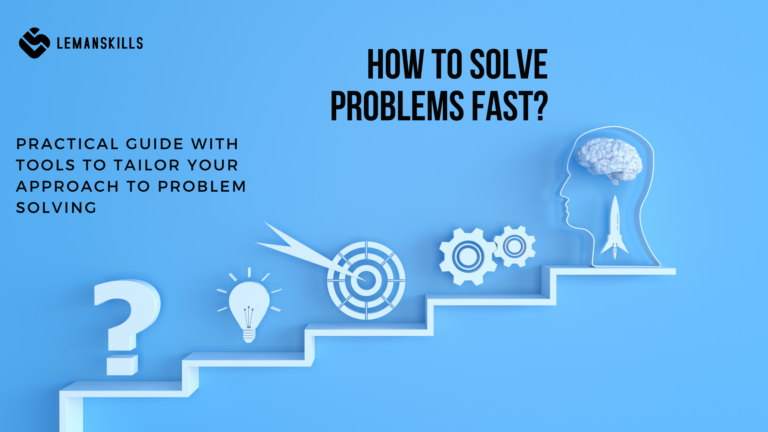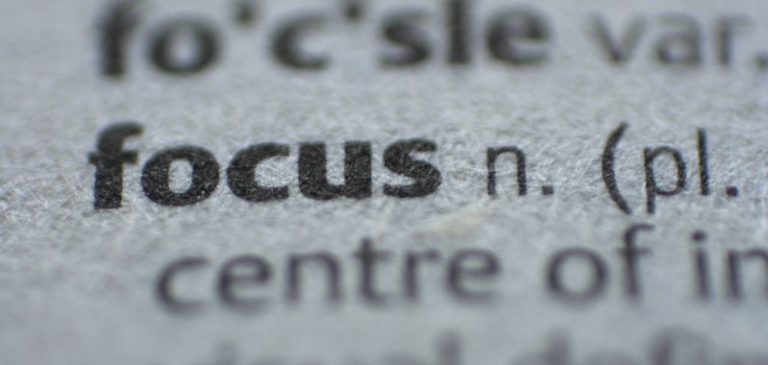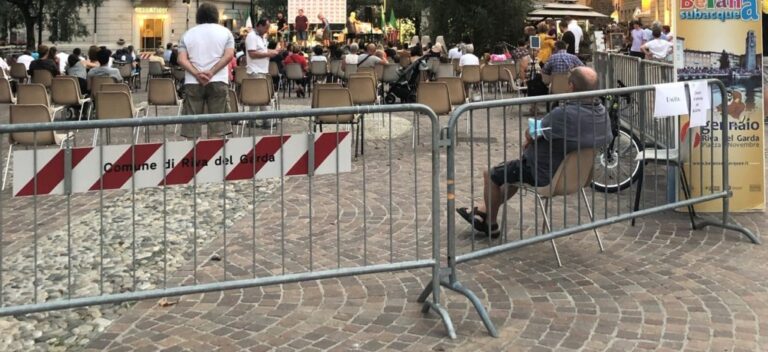
Mastering Problem Solving: How to Save Time and Adapt
As a leader, you’re no stranger to problem-solving. It’s the bread and butter of leadership, the skill that keeps the wheels turning and the team moving forward. But here’s the thing: not all problems are created equal, and neither are the people solving them. One-size-fits-all solutions? They’re a myth. To truly master problem-solving, you need to understand your team, their preferences, and how to flex your approach. Let’s dive into how tailoring problem-solving strategies can transform your leadership game and strengthen your Communication Intelligence (CQ) muscle. The PCM Lens: Why Preferences Matter in Problem Solving? The Process Communication Model (PCM) teaches us that people have different personality base types, and those types influence how they prefer to face challenges. Some thrive in solitude, needing quiet time to think through problems on their own. Others prefer the intimacy of a 1:1 discussion, where they can bounce ideas off one person. Then there are those who light up in group settings, energized by collaboration and collective brainstorming. Add in the variables of virtual versus in-person environments, and you’ve got a spectrum of preferences that can make or break your problem-solving efforts. As a leader, recognizing these differences isn’t just nice-to-have—it’s essential. For example, forcing an Imaginer into a high-energy group brainstorming session might literally kill them, and they remain silenced, while expecting a Rebel to solve a problem alone at their desk could leave them disengaged. Understanding these nuances is part of building your CQ muscle—the ability to adapt your communication style and approach based on the needs of others. The High Stakes of Ignoring Problems Before we explore tools and strategies, let’s talk about what happens when leaders don’t address problems effectively—or worse, when they ignore them altogether. Unresolved problems rarely solve themselves; instead, they keep getting bigger and bigger. Small issues snowball into larger ones, creating inefficiencies, damaging trust, and eroding team morale. The costs? Missed deadlines, killed relationships, lost revenue, and even high level of voluntary turnover. No to mention toxic atmosphere, people not talking to each other, not exchanging ideas or sharing knowledge. Sounds like a long list of different cost that’s not going to be easy to rebuild. On the flip side, a proactive and tailored approach to problem-solving not only resolves immediate issues but also builds a culture of trust and collaboration. When your team sees that you’re invested in solving problems in ways that work for them, they’re more likely to engage fully and bring their best selves to the table. Problem Solving as a CQ Superpower Problem-solving is more than just a technical skill; it’s a core component of Communication Intelligence (CQ). Leaders with high CQ don’t just focus on what needs to be solved—they think about how to solve it in ways that resonate with their team. This means asking questions like: – Who needs to be involved in this process? – What environment will help us tackle this effectively? Which tools and approaches will be the worst? – How can I adapt my approach to fit the preferences of my team members? What can I do to involve them in the process? By flexing your CQ muscle, you’re not just solving problems—you’re strengthening relationships, building trust, and create a culture where everyone feels heard. Tailoring Your Problem-Solving Approach So how do you put this into practice? Here are some tools and strategies for addressing problems in different setups: Solo Problem Solving For team members who prefer working alone, give them space and time to process independently. It’s not about them being weirdos, it’s just their preference. Provide clear instructions and context, then let them take ownership of the task. Tools like project management software (i.e. Trello or Asana) can help track progress without micromanaging. You can create an online wall (i.e. on MIRO) so people can work together asynchronously in their own time and space. Set some deadlines and time for check ins. 1:1 Problem Solving Some people thrive in 1:1 settings where they can discuss ideas openly without the pressure of a group. Use this time to ask open-ended questions and actively listen to their perspective. If their preference is for you to be more direct, set the sentences straight, clear and transparent so there’s no time wasted in the middle of the process to guess what you aim here for. You can also use tools like 5 (or 7) Why, Problem Framing, Ishikawa Diagram or any other Lean tools or techniques. Make sure that you’re solving the real problem that is a root cause of your current situation. Group Problem Solving Group settings work well for those who feed off collaboration and collective energy. Facilitate brainstorming sessions or workshops where everyone can contribute ideas. Tools like whiteboards (physical or digital) or platforms like MIRO can help visualize ideas in real time. You can also use the group problem-solving methods, like Action Learning to be as effective and efficient as possible. Action Learning is a method where the group of 4-8 people sit together (online or onsite) for 1,5-hour session where one person brings a problem to solve. The group is responsible for asking questions, share their insights and create potential solutions for the problem presenter. It’s a very intense yet extremely productive session where the group is completely focused on the process of solving the issue, without distractions or doing something else in the same time. The power of this method is that people are all involved in the process, they are learning on the way and support each other. So the pros and more than just problem solved; there’s also a positive influence on knowledge sharing practices, relationship building, trust, psychological safety, reliability within a group or organization, using the variety of points of views, experiences, perspectives and talents. Action Learning is one of the best group methods to solve problems that I know and practice. Groups that I work with within this method are







